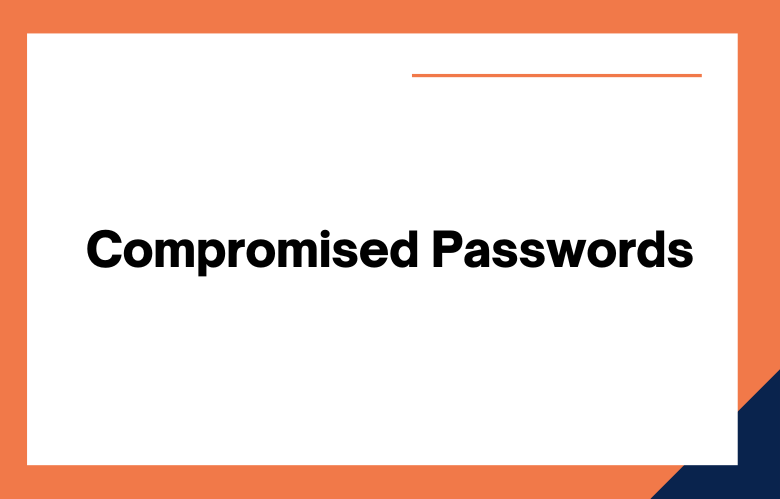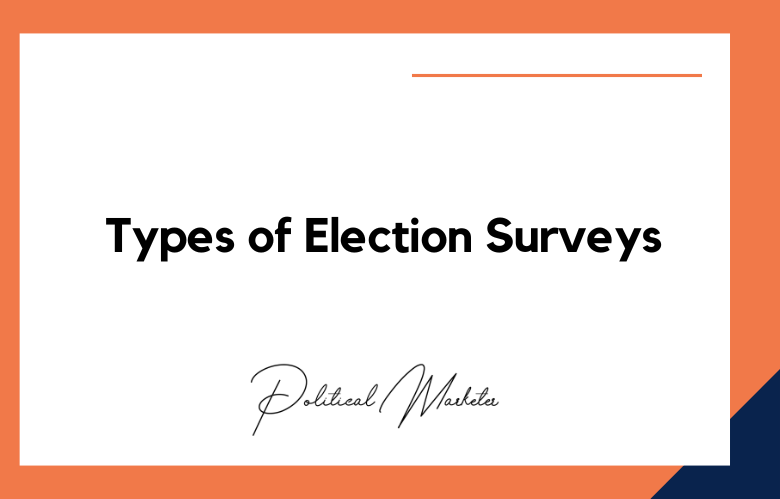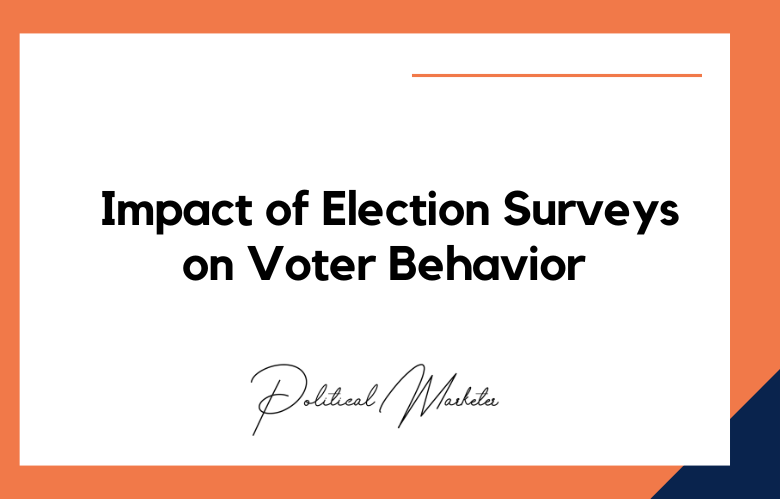With the rise of cybercrime, politicians and public officials must take extra precautions to protect their digital assets. Data breaches are becoming more frequent and sophisticated, and one of the most vulnerable points is a politician’s compromised password.
As a result, all political figures need strong passwords that cannot be easily guessed or cracked. We will provide some tips on how politicians can prevent compromised passwords.
What is Compromised Password Prevention?
Compromised password prevention is a cybersecurity measure that helps protect against hackers who may try to gain access to sensitive information by using stolen or guessed passwords.
This type of attack is known as a “brute force” attack, as the hacker uses sheer numbers to guess passwords until they get lucky and gain access to a person’s account.
To prevent this attack, compromised password prevention requires users to create complex passwords that are difficult for hackers to guess.
It also requires users to regularly change their passwords to reduce the chances of being guessed correctly by an attacker.
Why is It Important for Politicians?
Politicians can access sensitive information, including government documents, personal emails, and classified information.
As such, politicians and political organizations must take measures like compromised password prevention seriously to protect themselves from potential cyber-attacks.
Creating complex passwords and regularly changing them can help ensure that any data stored on a politician’s computer remains secure from malicious actors who could use it for nefarious purposes.
How Can Politicians Protect Themselves from Compromised Passwords?
The Internet has become an essential part of politics as the world has become increasingly digital.
From creating websites to running campaigns, politicians must use digital tools to reach voters and spread their message.
However, this increased reliance on technology poses a security risk that is magnified for politicians.
After all, if politicians’ passwords are compromised, they may risk having their confidential information leaked or, even worse, their accounts being taken over.
Strong Password Requirements
First and foremost, political figures need to use strong passwords that meet all basic requirements for password strength.
A secure password should contain at least 12 characters, combining upper- and lowercase letters, numbers, and special symbols such as exclamation marks or asterisks.
Choosing a password that does not contain personal information such as birthdays or family names is also essential.
Multi-Factor Authentication
In addition to using strong passwords, it’s also essential for political figures to use multi-factor authentication (MFA).
This additional layer of security requires users to provide two or more pieces of identifying information to access an account.
For example, MFA might require users to enter a password and an alphanumeric code sent via text before accessing a report.
This added layer of security helps protect accounts from unauthorized access even if someone obtains the original password.
Password Management Software
Politicians should consider using a dedicated password management software program like LastPass or 1Password.
These programs help users generate unique passwords for each account online and store them in an encrypted format so they are not accessible by anyone else but the users themselves.
This eliminates the need for politicians to remember dozens of complex passwords while ensuring their accounts remain secure from unauthorized access attempts.
Password Managers
One of the best ways to protect yourself against compromised passwords is to use a password manager.
A password manager will store all your login credentials in one secure place and generate strong passwords on your behalf so that you don’t have to remember them yourself.
This means you won’t have to worry about remembering multiple complex passwords or writing them somewhere insecurely.
Plus, if any of your accounts get hacked, you can rest assured knowing that only one set of credentials was exposed – not all of them!
Two-Factor Authentication
Another way politicians can protect themselves from compromised passwords is by using two-factor authentication (2FA).
2FA requires an extra step before you can log into an account;
This usually involves entering a code via SMS or email after entering your username and password.
This makes it much more difficult for hackers to access an account since they need access to the password and the extra authentication code.
It is essential for politicians who are especially susceptible to attacks due to the nature of their work should make sure they use 2FA wherever possible.
Monitoring Services
Another way for politicians (and anyone else!) Protect themselves against compromised passwords using monitoring services like HaveIBeenPwned or Password Alert.
These services monitor data sources such as hacker forums and dark web marketplaces for stolen usernames and passwords and will alert users if their credentials are found online.
This allows users to take proactive measures, such as changing their password before any damage can be done to it.
By monitoring these sites regularly, politicians can be sure they know if their accounts were ever compromised in a data breach so they can take appropriate steps quickly and effectively before any harm is done.
Use Complex Passwords
The most important thing you can do to protect your passwords is to use complex ones.
This means using a combination of upper- and lowercase letters, numbers, and special characters to make it difficult for hackers to guess them.
Avoid using common words or phrases, such as “password” or “12345”, because these are easily guessed by hackers who use automated programs to break into accounts.
Change Your Passwords Regularly
Another way to keep your passwords safe is by changing them regularly.
Change your passwords at least once every three months to ensure they remain secure.
This allows you to stay ahead of any potential hackers who may have acquired your old password and would be able to gain access if you did not change it regularly.
Enable Two-Factor Authentication
Two-factor authentication adds an extra layer of security on top of your password by requiring another form of identification before allowing access.
This could be anything from a code sent via text message, an email with a secret link, or even a biometric identifier like facial recognition or fingerprint scanning.
Any of these methods will add an extra layer of protection for those with sensitive information that needs protection from prying eyes and malicious attacks.
Conclusion:
All in all, using strong passwords, multi-factor authentication, and dedicated password management software is essential for protecting political accounts from data breaches caused by cybercriminals attempting to gain unauthorized access through compromised credentials.
By following best practices for securing their digital assets, politicians can ensure their confidential information remains safe from malicious actors looking to exploit weaknesses in their online accounts.
Call: +91 9848321284
Email: [email protected]










